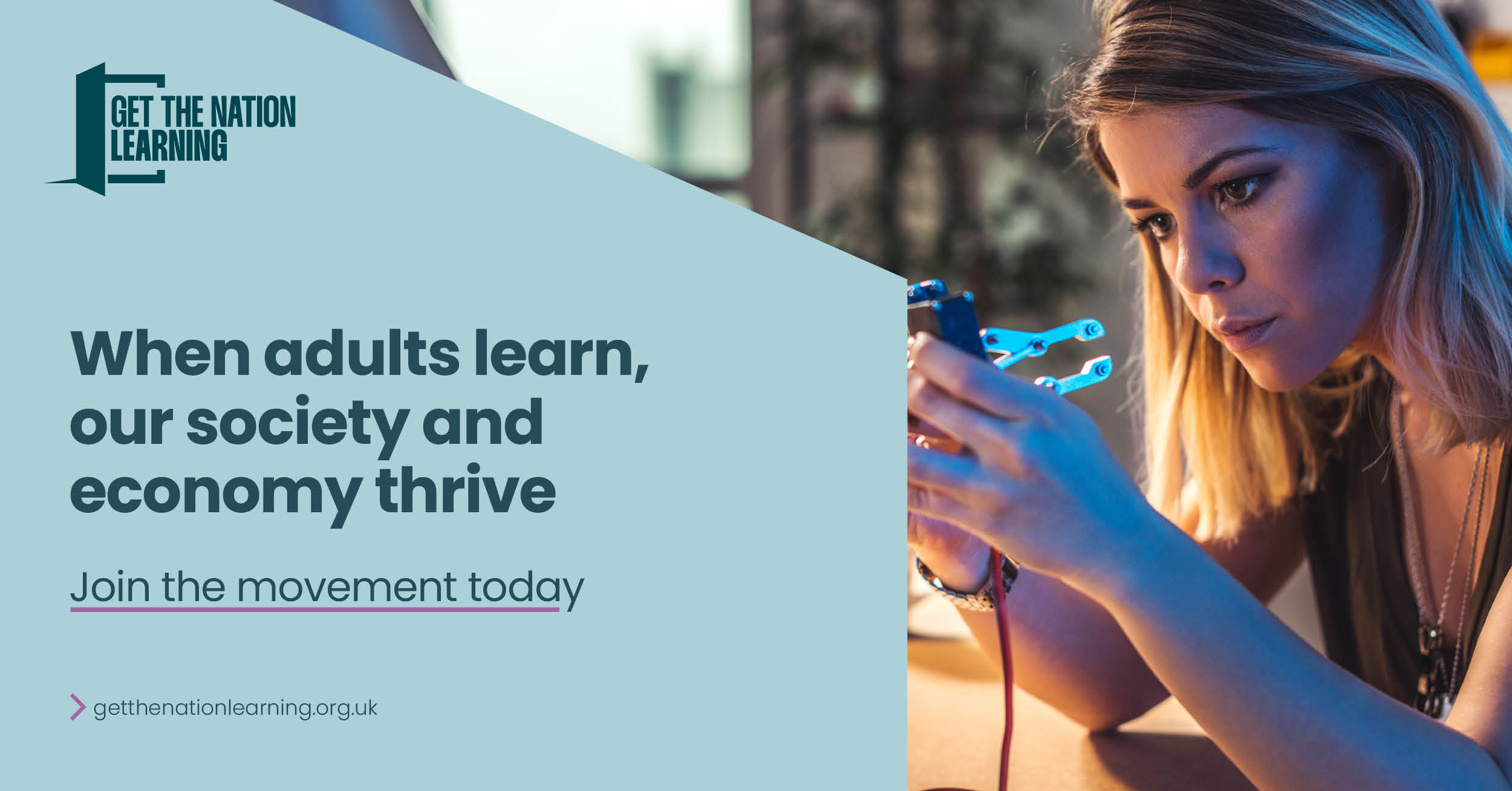The stakeholders within apprenticeships and the importance of their feedback
Get to know all the people involved in your programmes

How can you ensure that you’re delivering a consistently improving apprenticeship programme? An important question…
The quality of apprenticeship programmes is imperative to the success of a programme and can only be maintained or improved if all stakeholders are involved in the process and have their voices heard.
In this newsletter, we’ll explore the importance of gathering feedback from all stakeholders involved in your apprenticeship programmes.
First of all, who are the stakeholders in an apprenticeship programme?
Before we discuss why collecting feedback from all stakeholders is important, it's essential to understand who these stakeholders are — you’ll likely already know, but let’s remind ourselves.
Apprenticeships are a collaborative effort, and the success of the programme depends on the involvement of various stakeholders.

Apprentices
Of course, we need to start with apprentices. Apprentices are the most critical stakeholders in the apprenticeship process. They’re the ones that are actively participating in the programme and are invested in its success for their own success. Apprentices have firsthand experience of the programme and can provide invaluable feedback on their learning experience and the quality of training they receive.
Apprentices are not without facing their own challenges, however. Apprentices may face difficulties balancing their work and training commitments, and they may encounter obstacles in their personal lives that affect their ability to focus on their apprenticeship. Being able to frequently collect feedback from apprentices can help identify these challenges and allow for the necessary support to be put in place.
Employers
As an employer, you play a significant role in apprenticeships (as you'll know!). You'll provide the training on the job and ensure that apprentices develop the necessary skills to succeed.
Employers who offer apprenticeships demonstrate their commitment to investing in their workforce's future. You'll know the training required to meet your specific business needs and ensure that apprentices learn the skills that are most valuable to your organisation.
Employers also have a responsibility to provide a safe and supportive working environment for apprentices. They must ensure that apprentices are treated fairly, have access to the resources they require and provide support if it is needed.

Training providers
Training providers are responsible for delivering the off-the-job training component of apprenticeships. They are tasked with developing a training plan that meets the requirements of the apprentice and employer, ensuring the apprentice receives the necessary knowledge and skills to be successful.
Training providers play a vital role in ensuring that apprentices receive high-quality training that meets national standards. They understand the industry well and the specific skills required to succeed in that field. A good training provider will be able to adapt their training to meet the needs of individual apprentices and employers.
They're often the first port of call for any off-the-job training that an apprentice embarks on — so it's important to communicate with them so you have a full picture of how you're apprentices are coping with their requirements.
Government and regulatory bodies
The government and regulatory bodies play a critical role in the apprenticeship process. They set the rules for a programme's delivery and ensure it meets the national standards for quality, safety, and fairness. They also provide funding to employers to support their apprentices.
Regulatory bodies play a crucial role in ensuring that apprenticeship providers meet the required standards. They're responsible for conducting inspections and assessments to ensure that apprenticeships are high quality and provide value for money.
While it's likely you'll not be able to collect feedback directly from government and regulatory bodies, it's important to keep up-to-date with their standards to ensure the feedback that you are collecting is able to be interpreted in a way that allows you to meet their standards.
Overall, apprenticeships are a collaborative effort that involves various stakeholders. Collecting feedback from everyone involved can help identify areas for improvement and ensure that apprenticeships continue to provide valuable opportunities for individuals and businesses alike.
And what can feedback from everyone allow you do to better?
Collecting feedback from all stakeholders involved in apprenticeships can lead to significant benefits for the programme's overall quality.
Improving the quality of apprenticeship programmes
Feedback can highlight areas of the programme that require improvement. For example, if apprentices are struggling with a particular subject, training providers can adapt the curriculum to ensure it meets the needs of the apprentices.
Ensuring apprenticeships meet industry needs
Feedback from employers can inform training providers of skills that are in high demand, ensuring that apprenticeships provide the training necessary to meet industry needs.
Enhancing the overall apprenticeship experience
Feedback can be used to enhance the overall apprentice experience. The feedback can be used to improve communication, provide additional support, and ensure all stakeholders are aligned on the programme's goals and objectives.
Identifying areas for improvement and growth
Collecting feedback regularly can also identify areas for growth and improvement, leading to the development of new and improved apprenticeship programmes that meet the needs of all stakeholders.
How you can collect feedback for analysis
There are several ways to collect feedback from stakeholders in apprenticeship programmes.
Surveys and questionnaires
Surveys and questionnaires are a quick and convenient way to collect feedback from stakeholders. They can be delivered online, via email, or in person and can provide valuable insights into the programme's strengths and weaknesses.
Focus groups and interviews
Focus groups and interviews are an in-depth method of collecting feedback. They allow stakeholders to have an open and honest conversation about their experience and can provide valuable information for programme improvement.
Regular progress meetings
Regular progress meetings between apprentices, employers, and training providers give stakeholders an opportunity to discuss their experiences and provide feedback. These meetings can be used to identify areas for improvement and ensure everyone is aligned on the programme's goals and objectives.
Conveya
We've got to plug our own solution, obviously — but it really can make the feedback gathering process seamless. With Conveya, you can get data that gives direction to gain a clear understanding of where resources should be applied.
Whether it’s supporting an individual employee with their requirements, identifying a provider that isn’t delivering learning at an adequate correct standard or tweaking learning programmes to fill skill gaps - you’ll be pointed in the right direction with Conveya.
Ultimately, knowing what requires attention most means less time spent on guesswork, better allocation of resources or spend and most importantly - happier employees!
In summary, feedback from everyone is super important
Collecting feedback from all stakeholders involved with apprenticeships in the UK is critical to the programme's success. It allows for continuous improvement, ensures that the programme meets the needs of all stakeholders and enhances the overall apprentice experience. By using various methods for collecting feedback, you can ensure that your apprenticeship programmes are of the highest quality and remain relevant to the needs of the industry.

.png)


.png)